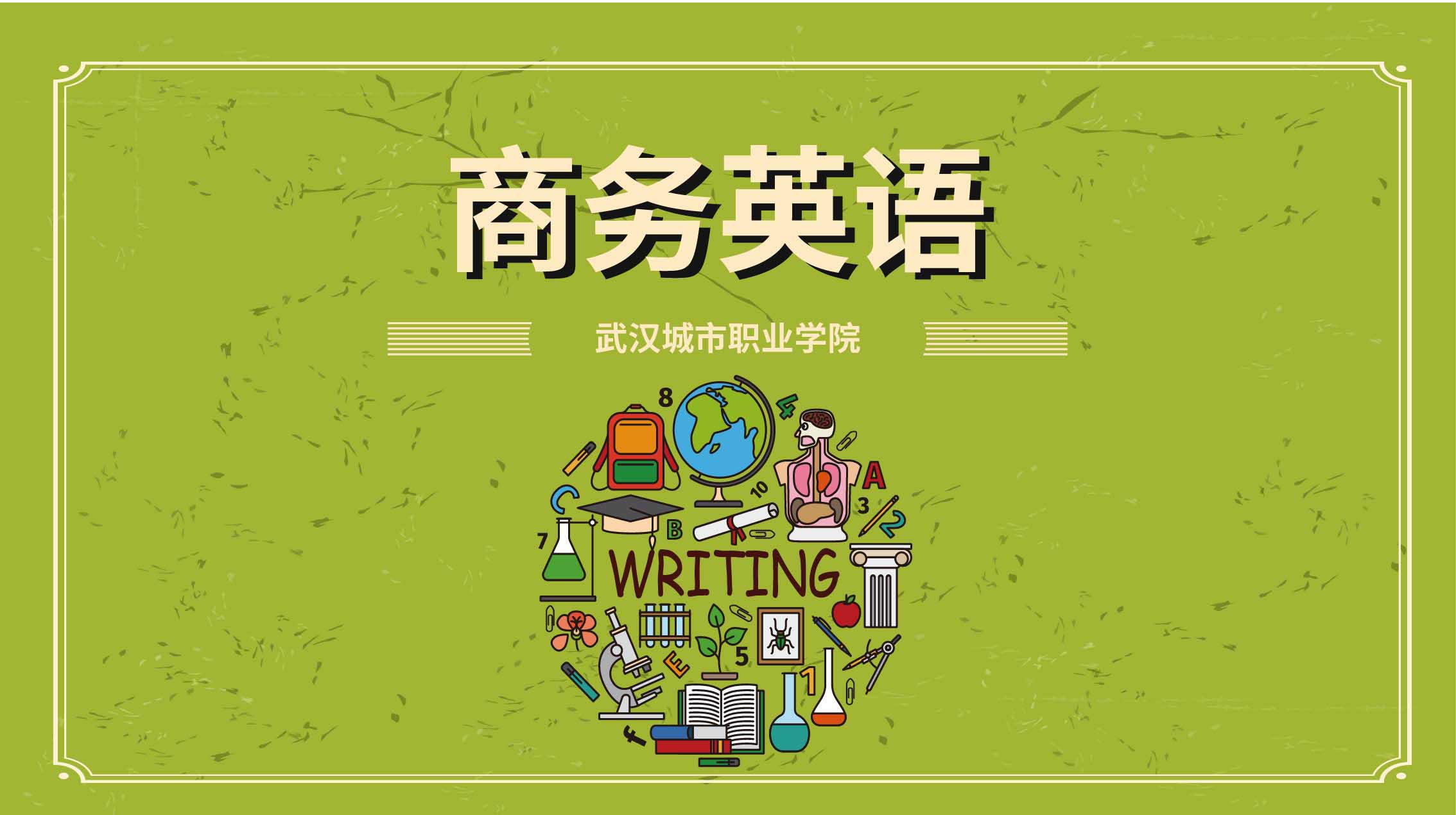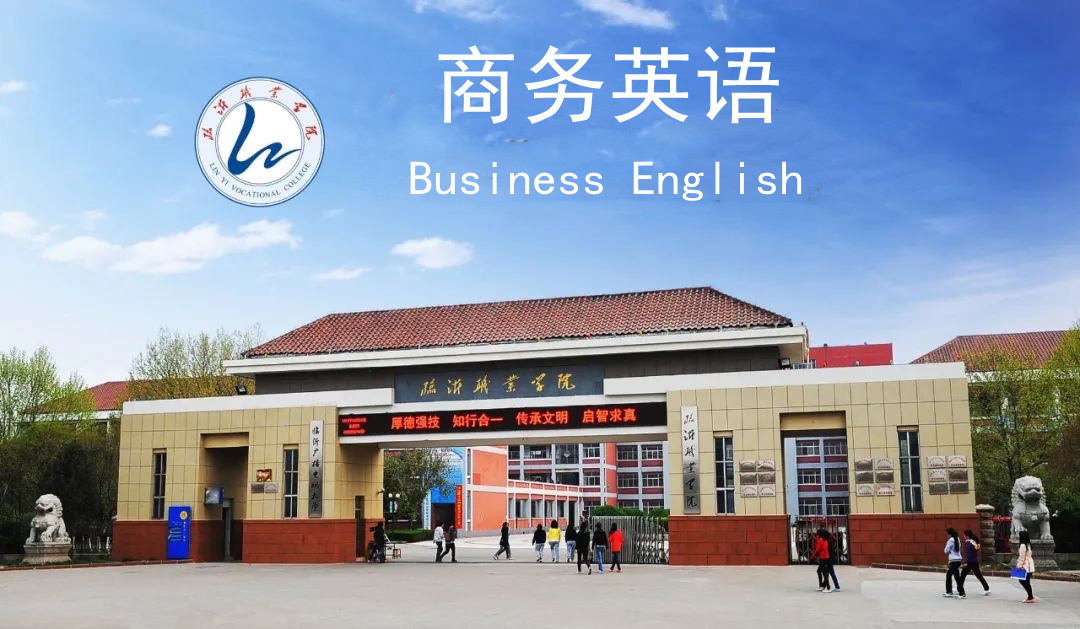第七章单元测试
- _______ is made when a seller promises to sell goods at a stated price within a stated period of time. ( )
- _______are the commonly used international business negotiation principles. ( )
- _________ may be in the form of licensing, contract manufacturing, assembly, etc. ( )
- ________ is to use electronic means, primarily web pages, emails, and related platforms and tools, to enter international market. ( )
- Under________, one company assigns rights to a patent or trademark to another company for fee or royalty. ( )
- Multinationals may lead to complications and negative impacts, like ______. ( )
- Multinationals can bring along a lot of benefits, including_______.( )
- _______is a situation where a country spends more on imports from abroad than it makes from its exports. ( )
- _______maintains supply and demand factors operating on a global scale, will ensure production happens in an efficient way. ( )
- _______ is a policy which protects domestic industries from competition from foreign ones, and its primary tools include tariffs, subsidies, quotas, etc. ( )
A:An enquiry
B:A firm offer
C:A non-firm offer
D:An acceptance
答案:A firm offer
A:Flexibility principle
B:Win-win principle
C:Equality principle
D:Mutual trust principle
A:Ownership strategy.
B:Exporting strategy
C:Foreign production strategy
D:Virtual market entry strategy.
A:Ownership strategy.
B:Foreign production strategy
C:Virtual market entry strategy.
D:Exporting strategy
A:Licensing
B:Contract manufacturing
C:Assembly operation
D:Full-scale production
A:Economic vulnerability,
B:Consolidation of wealth
C:Environmental damage
D:Cultural homogenization
A:Stimulating economic development
B:More choice of goods
C:Increasing tax revenues
D:Spurring job growth
A:Trade dispute
B:Trade balance
C:Trade deficit
D:Trade surplus
A:Protectionism
B:International trade
Globalization
C:Free Trade
A:Free trade
B:Globalization
C:Trade embargo
D:Trade protectionism
温馨提示支付 ¥3.00 元后可查看付费内容,请先翻页预览!




